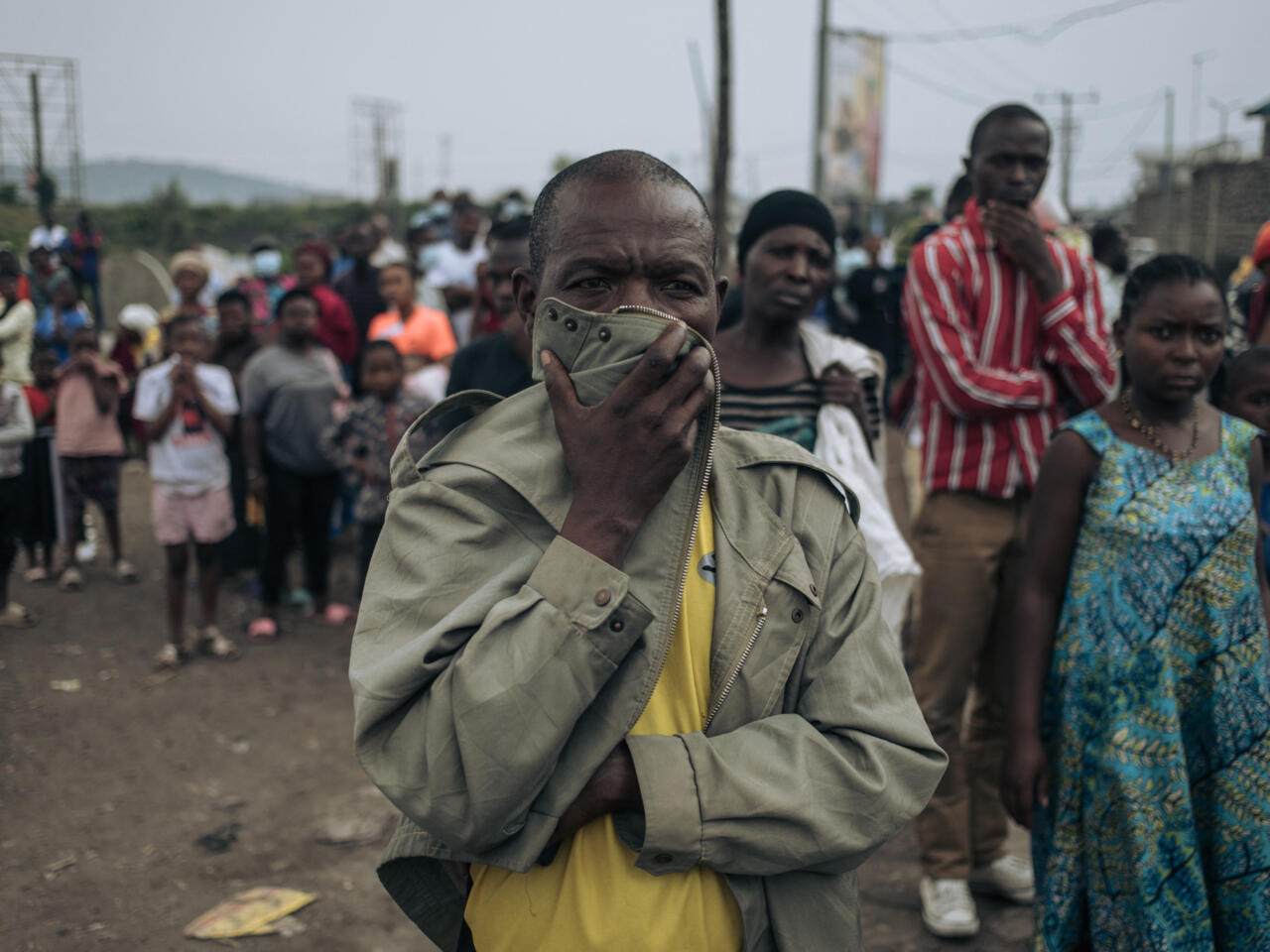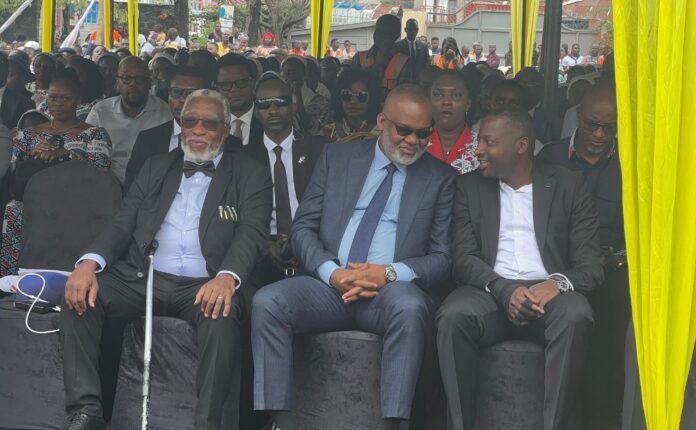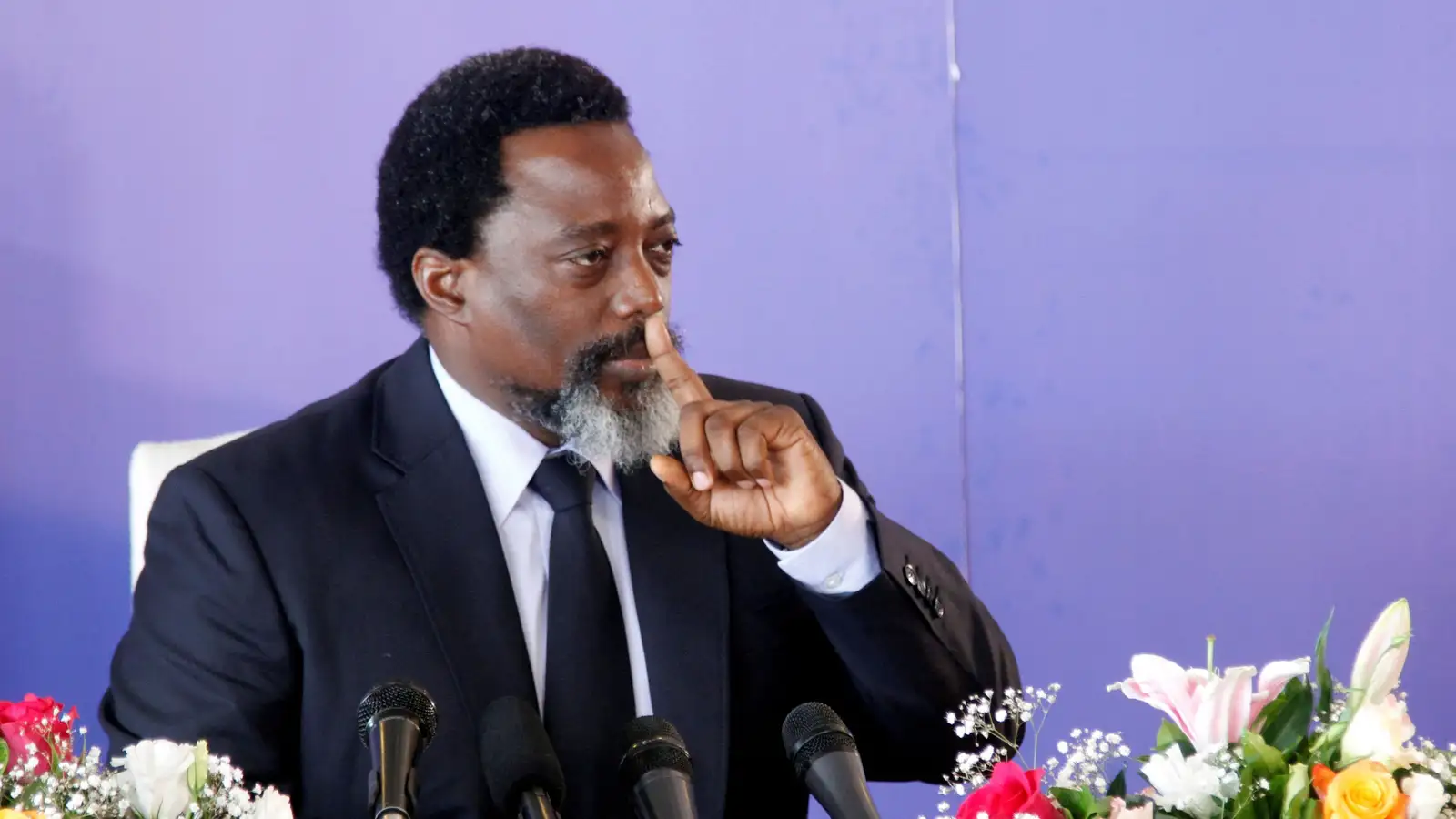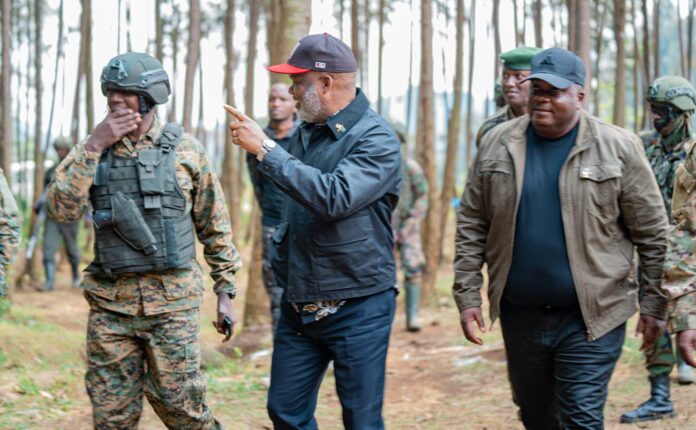Residents of Nturo, a locality in eastern Democratic Republic of Congo (DRC), have recently witnessed tragic events. According to reports, around 300 homes belonging to Congolese Tutsis were allegedly set on fire by the Armed Forces of the DRC (FARDC), in collaboration with the Democratic Forces for the Liberation of Rwanda (FDLR) and the Wazalendo militias. These actions are said to have been carried out with the alleged complicity of Burundi, under the cover of the East African Community (EAC), and in a context of silence from the United Nations Organization Stabilization Mission in the DRC (MONUSCO).
Note: Company, Blog, Church websites are free.
The Wazalendo, a group of self-defense militias composed of civilians and former combatants from various armed groups, have been accused of multiple human rights abuses, including extrajudicial executions, looting, sexual violence, and the recruitment of child soldiers. Since late 2023, acts of violence and pillaging have been reported in the city of Goma, escalating in November 2024 following the retreat of the FARDC and their Wazalendo allies. These incidents have significantly contributed to a growing climate of insecurity for the local population.
A final report by the UN-mandated Group of Experts in June 2024 accused the DRC of using armed groups, organized under the Wazalendo banner, as auxiliaries in their fight against the March 23 Movement (M23). These groups, once fought by the Congolese army, have been responsible for numerous abuses in the region, including the recruitment of child soldiers and violence against civilians.
These events highlight the complexity of the conflict in eastern DRC, where alliances between regular forces and armed groups continue to exacerbate the suffering of civilians. The testimonies of Nturo residents emphasize the urgent need for increased international intervention to protect civilians and promote lasting peace in the region.



